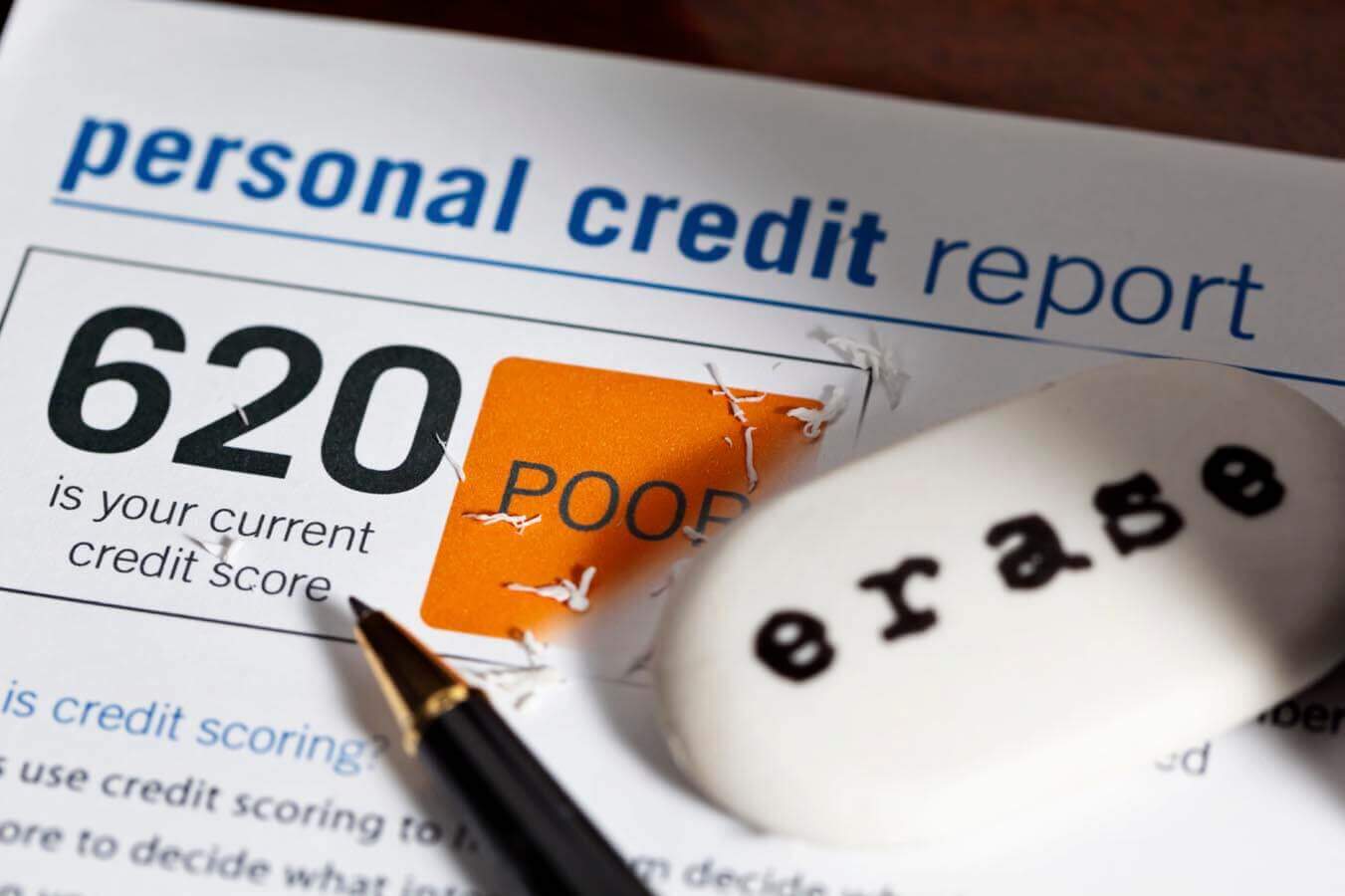The Ultimate List for Navigating Your Credit Repair Journey
Recognizing How Credit Rating Repair Service Works to Improve Your Financial Health
The procedure includes determining errors in credit report reports, challenging inaccuracies with credit score bureaus, and discussing with creditors to address outstanding financial obligations. The concern stays: what specific methods can people utilize to not only fix their credit scores standing but additionally ensure long lasting monetary stability?
What Is Credit Report Repair?
Credit history repair refers to the procedure of improving an individual's creditworthiness by attending to inaccuracies on their credit score record, bargaining financial obligations, and taking on better financial habits. This multifaceted method intends to boost a person's credit history, which is a vital aspect in safeguarding loans, bank card, and desirable passion prices.
The credit score repair work process usually starts with a comprehensive testimonial of the person's credit score record, enabling the recognition of any kind of mistakes or inconsistencies. The individual or a credit report fixing expert can start disputes with debt bureaus to rectify these problems once errors are identified. Additionally, working out with creditors to work out exceptional financial obligations can further improve one's financial standing.
Furthermore, embracing prudent economic methods, such as prompt bill payments, lowering debt usage, and keeping a diverse credit scores mix, adds to a much healthier credit rating account. Overall, credit scores repair service functions as an important strategy for individuals seeking to regain control over their economic health and wellness and safeguard far better borrowing opportunities in the future - Credit Repair. By participating in credit scores fixing, people can pave the way toward achieving their financial objectives and improving their overall high quality of life
Typical Credit Score Record Mistakes
Errors on credit history reports can substantially impact a person's credit history, making it vital to understand the common kinds of errors that might occur. One prevalent issue is wrong individual information, such as misspelled names, incorrect addresses, or wrong Social Security numbers. These errors can result in complication and misreporting of creditworthiness.
An additional typical mistake is the reporting of accounts that do not belong to the person, commonly because of identity burglary or clerical mistakes. This misallocation can unfairly reduce a person's credit report. Furthermore, late repayments may be wrongly taped, which can happen as a result of payment handling mistakes or wrong reporting by lending institutions.
Credit history limitations and account balances can also be misstated, leading to an altered sight of an individual's debt use proportion. Awareness of these common errors is vital for efficient credit scores management and repair, as resolving them immediately can aid individuals keep a healthier economic account - Credit Repair.
Steps to Dispute Inaccuracies
Contesting mistakes on a credit rating report is a crucial procedure that can help bring back a person's creditworthiness. The initial step involves obtaining an existing copy of your debt report from all three significant credit rating bureaus: Experian, TransUnion, and Equifax. Testimonial the record diligently to recognize any type of mistakes, such as incorrect account details, equilibriums, or payment backgrounds.
Next off, launch the dispute procedure by calling the appropriate credit rating bureau. When submitting your conflict, plainly Recommended Reading outline the inaccuracies, supply your evidence, and consist of personal recognition info.
After the dispute is submitted, the credit scores bureau will investigate the claim, typically within 1 month. They will connect to the lender for confirmation. Upon conclusion of their investigation, the bureau will certainly notify you of the end result. They will certainly fix the report and send you an upgraded duplicate if the dispute is dealt with in your favor. Maintaining precise records throughout this process is necessary for efficient resolution and tracking your credit score wellness.
Building a Strong Credit Report Profile
Constructing a strong credit scores profile is important for protecting desirable financial chances. Regularly paying credit card bills, finances, and various other obligations on time is vital, as repayment history significantly affects credit score scores.
Furthermore, preserving low credit score application ratios-- preferably under 30%-- is important. This indicates keeping credit report card balances well listed below their restrictions. Expanding credit rating types, such as a mix of rotating credit report (credit scores cards) and installment fundings (vehicle or mortgage), can likewise boost credit accounts.
Routinely monitoring credit scores records for mistakes is just as vital. People must assess their credit records at least yearly to identify disparities and dispute any mistakes immediately. In addition, avoiding too more much debt inquiries can prevent prospective adverse influence on credit rating.
Long-term Advantages of Credit History Repair Service

In addition, a more powerful credit history account can help with much better terms for insurance costs and also influence rental applications, making it easier to protect housing. The mental benefits should not be overlooked; individuals who efficiently repair their debt typically experience reduced stress and enhanced confidence in handling their finances.

Conclusion
To conclude, credit rating repair service works as a crucial device for boosting monetary health and wellness. By recognizing and challenging errors in credit scores reports, people can remedy mistakes that negatively influence their credit report scores. Establishing audio economic methods further adds to developing a robust credit report profile. Inevitably, efficient credit rating repair work not just promotes accessibility to much better finances and reduced rate of interest but additionally cultivates lasting monetary stability, thereby advertising general economic well-being.

The long-term benefits of credit report fixing expand far past simply boosted credit history scores; they can substantially enhance an individual's general financial health.